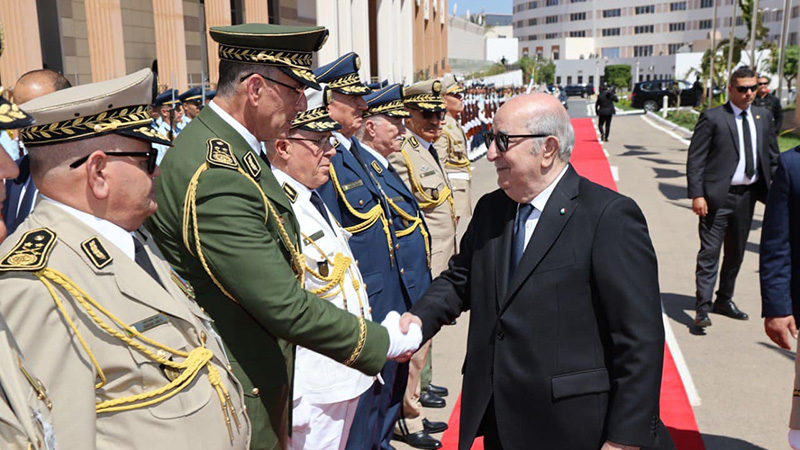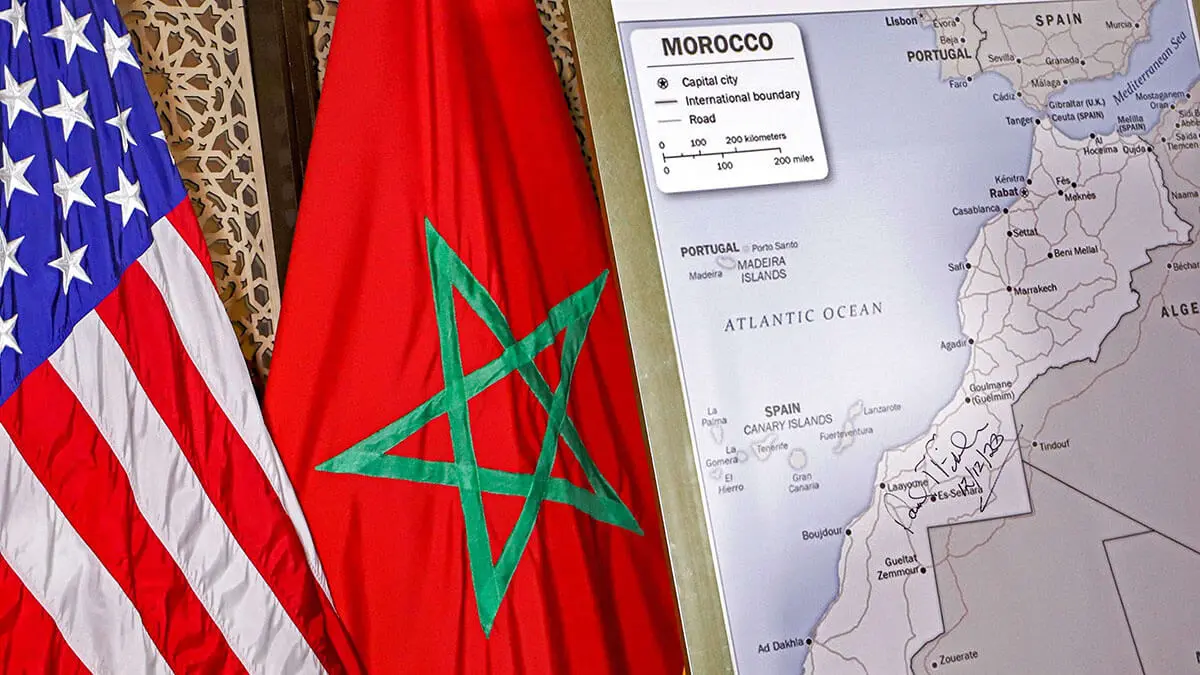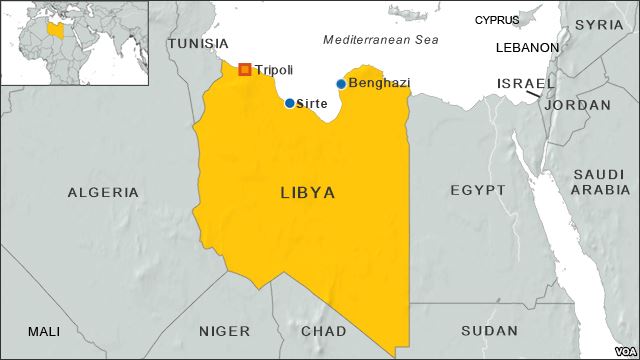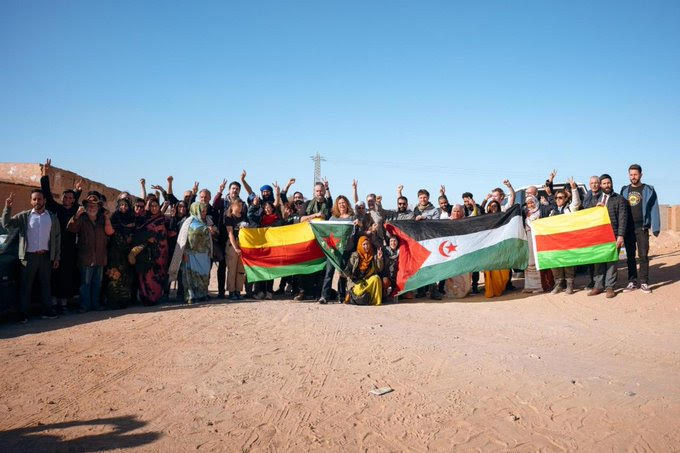For decades, Algeria has played a tacit role in perpetuating the Sahara regional conflict until the military regime recycled itself in the form of a new military-civilian duo that made the dispute a matter of life and death for the Algerian state.
Algeria hosted the Polisario group, who at first had no separatist agenda, following the Green March that marked the end of Spanish colonial rule.
In the 1970s it was mostly Libya that armed the group with Algeria acting on the backstage using its oil mantra to buy recognition among socialist states in the African continent and Latin America in a context of cold war alignments.
Later, Algeria offered training, diplomatic cover and used its oil and gas money on pro-Polisario lobbying, while claiming that it was not a party to the conflict.
During the era of Bouteflika 1999-2019, Algeria kept its support for the Polisario and urged the separatist group to reject Morocco’s utmost concessions as a final solution: the autonomy plan, sticking instead to obsolete and unfeasible referendum option.
In this era, Algeria kept saying it was not a party and took part in a round-table process, during which Moroccan diplomats said that 80% of discussions were with Algerian diplomats rather than the Polisario.
The advent of the Hirak that toppled Bouteflika and brought about a recycling of the military regime marks a U-turn in Alegria’s policy regarding the Sahara issue with a more explicit involvement in the defense of its Polisario proxies in international fora.
Ruling behind a thin civilian curtain, represented by President Tebboune, the military regime in Algeria made the Sahara issue a question of life and death (more an issue of death than life). Looking at the headway made by Morocco in gathering international support for its territorial integrity, the Algerian regime realizes the failure of its Polisario proxies in achieving the separatist state chimera and would rather prefer to intervene directly as the main adversary of Morocco in the Sahara issue.
Since 2020, a series of events vindicated Morocco’s position that no UN process would lead to a solution without the active involvement of Algeria as the main party.
In the wake of Washington’s recognition of the Sahara issue, Algeria escalated by greenlighting a violation of the 1991 UN ceasefire by the Polisario, followed with a unilateral cut of diplomatic relations with Morocco and as series of other hostile decisions like the flight ban, halt of gas flow, and visa requirement for Moroccan passports.
Algeria went further in showing the world its direct involvement in the Sahara issue by indulging in self-harming trade wars with Spain and most recently France in reaction to sovereign decisions by the two European heavyweights to back Morocco’s sovereignty and its autonomy plan for the Sahara territory.
As Algeria shows its real face as the party that blocks any progress towards the mutually acceptable autonomy solution, Algerian diplomats dwarfed the Polisario protégés in international for a, acting like thugs as was the case in a recent Japan-Africa summit, when the head of African affairs at the Algerian ministry brutally attacked a Moroccan counterparts protesting the unsolicited presence of the Polisario at the summit.
UN reports on the Sahara issue have been mentioning Algeria more than the Polisario. Meanwhile the more Algeria gets enmeshed in the conflict the more its diplomacy makes blunders that reveal the real nature of the conflict opposing Morocco to Alegria’s Polisario proxies.



